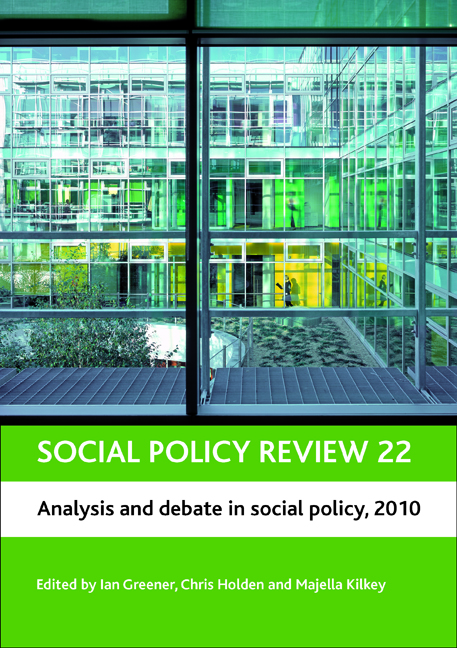nine - Mi Familia Progresa: change and continuity in Guatemala’s social policy
Published online by Cambridge University Press: 01 September 2022
Summary
Introduction
Catching up on recent trends in social assistance in Latin America, in April 2008 Guatemala introduced Mi Familia Progresa (MIFAPRO) (My Family is Moving Forward), a conditional cash transfer (CCT) programme. Pioneered in Latin America by Brazil and Mexico during the 1990s, CCTs have acquired prominence in social policy debates over the past 10 years and have spread across all Latin America and many other countries around the world.
Used in developmental or humanitarian contexts, CCTs are a form of social assistance that links the provision of cash to the behaviour of the target population, who are required to perform certain verifiable actions such as securing minimum investments in children's education and health. Generally these programmes seek to sustain or increase demand for and consumption of goods and services purchased in the market – for example, food – and/or provided by the state – for example, health and education (Farrington and Slater, 2006). In this sense, they normally combine two sets of objectives: the cash transfer component aims at short-term poverty reduction, either in the form of prevention or alleviation, while the conditionality relates to long-term improvements in human development. Conditionality is supposed to incentivise this investment but also places ‘emphasis on the participants’ active management of their risk through “co-responsibility” […] where beneficiaries contribute their labour for the implementation of projects’ (Molyneux, 2006, p 434). Although the incidence of such programmes in total social spending is very small compared to other sectors of social policy, there is a growing consensus among scholars that they represent a new generation of social policy (Rawlings, 2004; Molyneux, 2008). In particular, it is argued that programmes of this type have brought about significant innovations in social assistance policies, for instance by promoting transparency and efficiency over past legacies of paternalism and clientelism (de la Brière and Rawlings, 2006; Barrientos and Santibañez, 2009). Other scholars have been more sceptical as to ‘the potential of these programmes to substantially re-orientate welfare systems and promote equitable public policies’ (Lloyd-Sherlock, 2008, p 621).
The adoption of this type of instrument for the first time in the history of Guatemala's welfare provision, coupled with the increasing amount of resources mobilised for it, triggers questions as to whether this country, for a long time considered a laggard in social policy in Latin America, is now undergoing a process of change and reform in this realm.
- Type
- Chapter
- Information
- Social Policy Review 22Analysis and Debate in Social Policy, 2010, pp. 199 - 224Publisher: Bristol University PressPrint publication year: 2010



